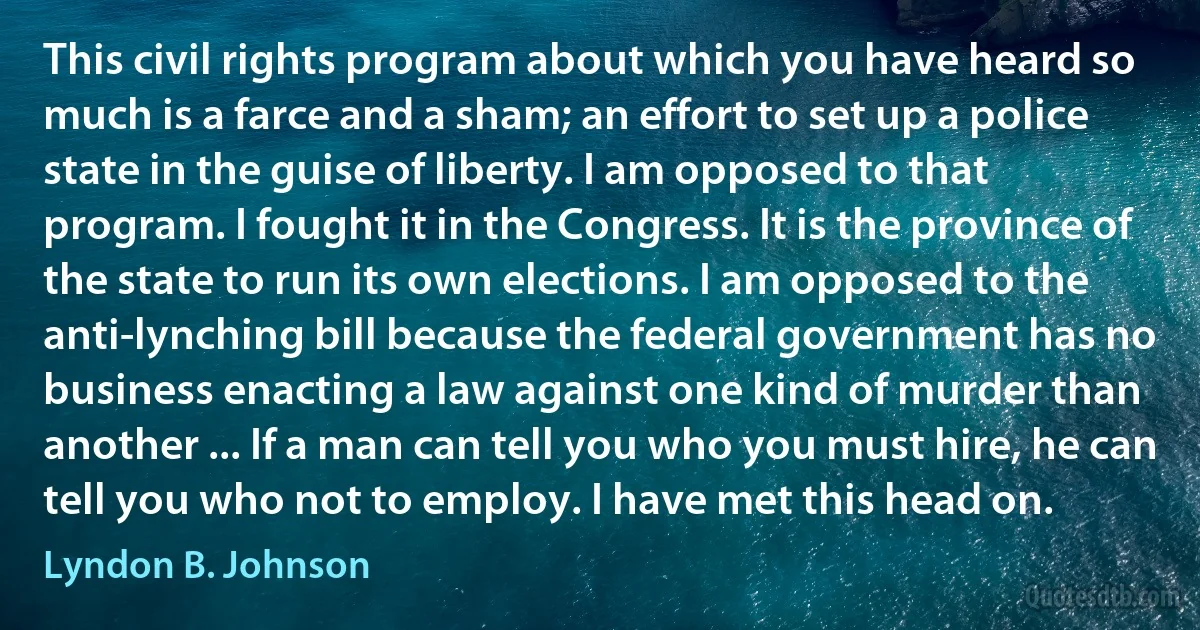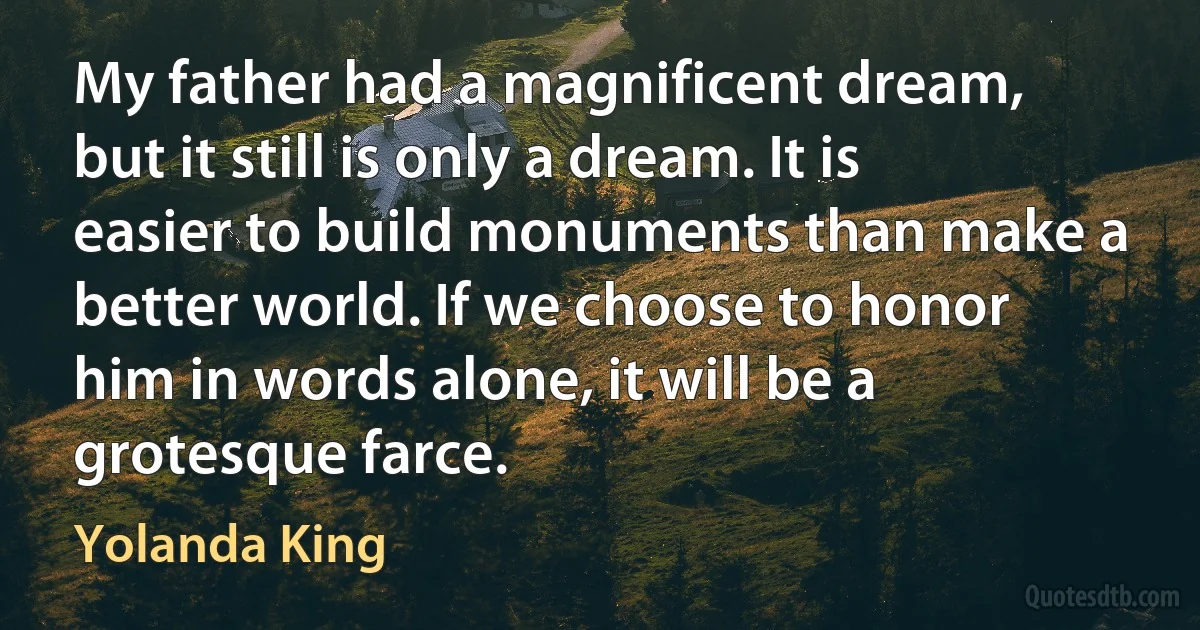Farce Quotes - page 3
Most of us live for the critic, and he lives on us. He doesn't sacrifice himself. He gets so much a line for writing a criticism. If the birds should read the newspapers, they would all take to changing their notes. The parrots would exchange with the nightingales, and what a farce it would be!

William Morris Hunt
The major difference between Astaire and Kelly is a difference, not of talent or technique, but of levels of sophistication. On the face of it, Kelly looks the more sophisticated. Where Kelly has ideas, Astaire has dance steps. Where Kelly has smartly tailored, dramatically apt Comden and Green scripts, Astaire in the Thirties made do with formulas derived from nineteenth-century French Farce. But the Kelly film is no longer a dance film. It's a story film with dances, as distinguished from a dance film with a story. When Fred and Ginger go into their dance, you see it as a distinct formal entity, even if it's been elaborately built up to in the script. In a Kelly film, the plot action and the musical set pieces preserve a smooth community of high spirits, so that the pressure in a dance number will often seem too low, the dance itself plebeian or folksy in order to "match up" with the rest of the picture.

Fred Astaire
Great God! What have I turned into? What right have you people to clutter up my life, steal my time, probe my soul, suckle my thoughts, have me for your companion, confidant, and information bureau? What do you take me for? Am I an entertainer on salary, required every evening to play an intellectual farce under your stupid noses? Am I a slave, bought and paid for, to crawl on my belly in front of you idlers and lay at your feet all that I do and all that I know?

Henry Miller
[Vathek] has, in parts, been called, but to some judgments, never is, dull: it is certainly in parts, grotesque, extravagant and even nasty. But Beckford could plead sufficient "local colour" for it, and a contrast, again almost Shakespearean, between the flickering farce atrocities of the beginning and the sombre magnificence of the end. Beckford's claims, in fact, rest on the half-score or even half-dozen pages towards the end: but these pages are hard to parallel in the later literature of prose fiction.

William Thomas Beckford
Everyone knows the beautiful story of Abraham and the sacrifice of Isaac. How this noble father led his child to the slaughter; how Isaac meekly submitted; how the farce went on till the lad was bound and laid on the altar, and how God then stopped the murder, and blessed the intending murderer for his willingness to commit the crime.

Annie Besant



